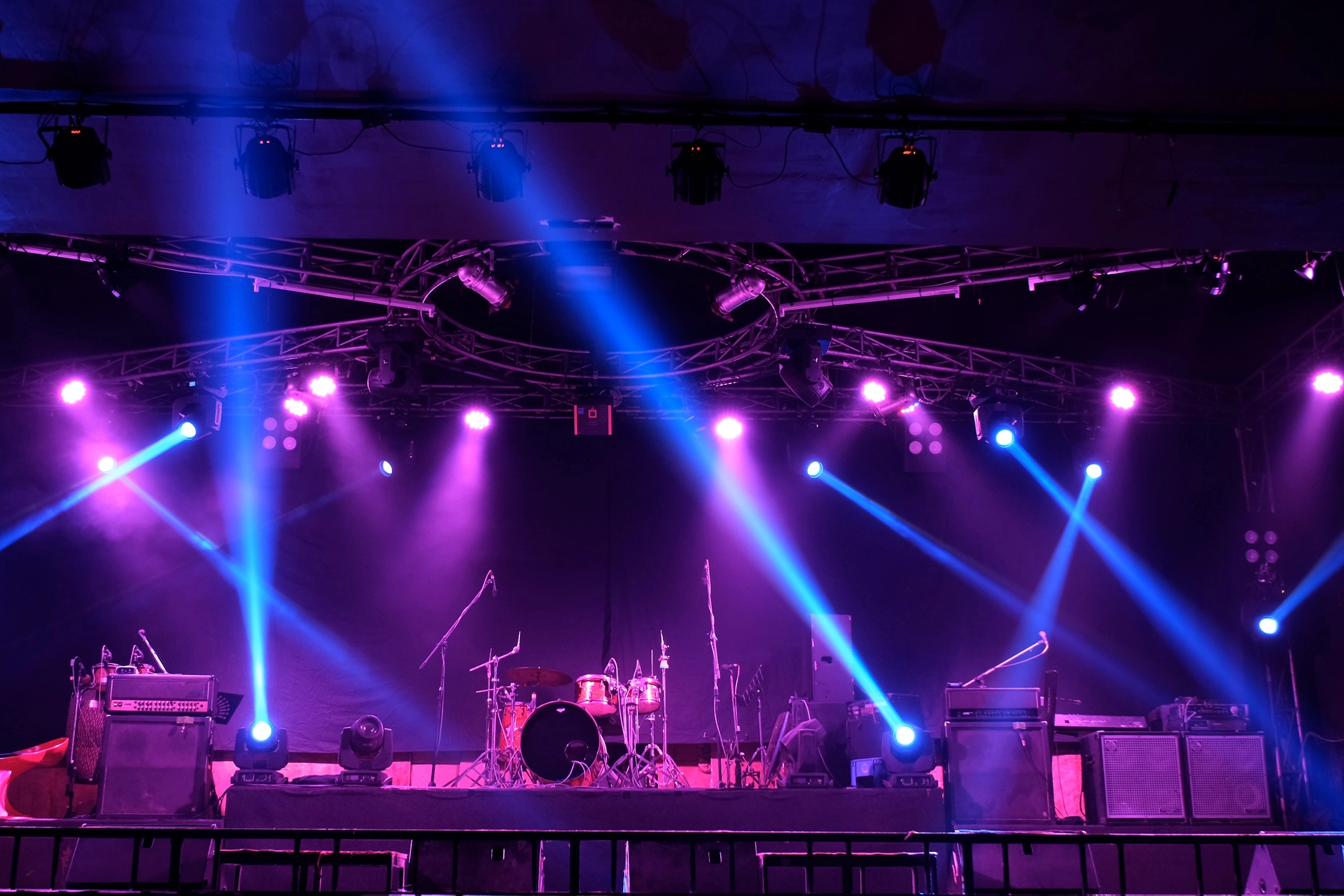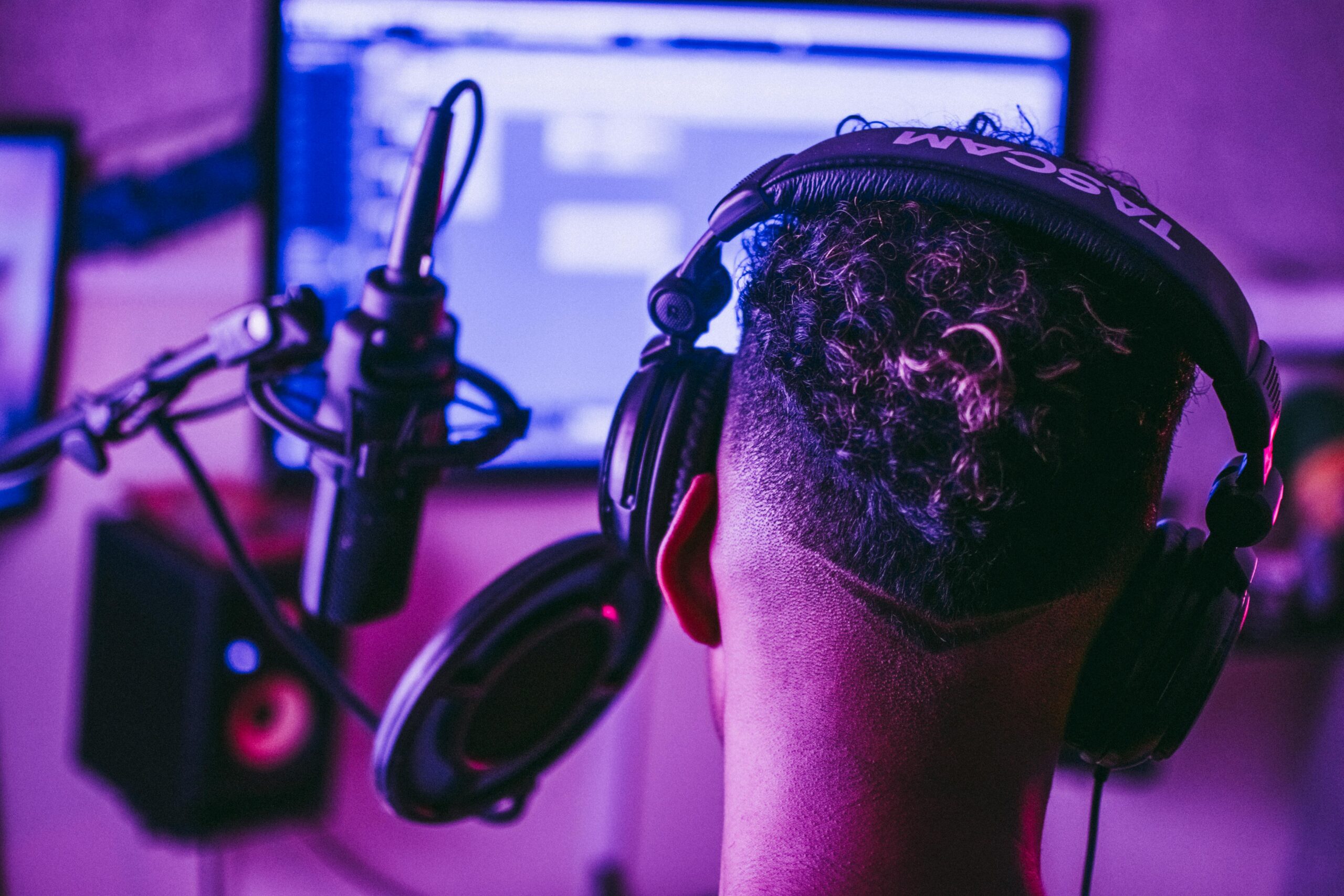
LIVE SOUND
What You'll Learn About Live Sound at an Audio Recording School
There’s nothing like the energy of a live show — the crowd, the lights, the volume, the rush. But behind every unforgettable concert, set, or event is someone making sure it all sounds right. That person? A live sound engineer.
If you love concerts OR MUSIC festivals, live sound might be your perfect audio career.
At an audio recording school, you’ll get hands-on experience and the behind-the-scenes knowledge to work in the fast-paced world of live events.
Here’s what you’ll actually learn about live sound — and why it matters if you want to make this your career.
1. Signal Flow and Sound Systems (Start Here)
Before you can run a live mix, you need to understand how sound travels — from the stage to the audience and everywhere in between.
At an audio recording school you’ll learn:
- How audio moves through microphones, mixers, amplifiers, and speakers
- The difference between analog and digital signal paths
- How to build and troubleshoot a complete live sound setup
- The roles of gear like DI boxes, snakes, and splitters
- What FOH (Front of House) and monitor mixes really mean
This foundation helps you set up, control, and fix live audio systems quickly — which is exactly what real gigs demand.
2. Microphones and Miking Techniques for the Stage
Mics behave differently in live settings than in the studio. At an audio recording school you'll get familiar with:
- Dynamic vs. condenser microphones
- Polar patterns (and how they affect feedback)
- Mic placement for drums, vocals, amps, and acoustic instruments
- Wireless mic systems and frequency coordination
- What causes feedback (and how to stop it fast)
Good mic choices and placement can make or break a live performance. You'll learn how to make smart decisions that deliver clean, powerful sound.
3. Mixing Live Sound in Real Time
Live mixing isn’t like studio mixing. There are no do-overs.
At an audio recording school you’ll train on industry-standard consoles and learn to:
- Balance vocals, instruments, and backing tracks
- Set proper gain structure and EQ
- Use compression, gating, and reverb on the fly
- Build monitor mixes for musicians
- Respond to problems — fast — without stopping the show
You’ll also practice mixing in different environments: small clubs, large venues, outdoor festivals, and more. Each one comes with its own challenges — and you'll learn how to adapt in real time.
4. Live Sound Gear and Stage Setup
Audio recording schools gives you hands-on time with the gear you'll actually use on the job, like:
- Digital and analog mixing consoles
- Stage boxes, splitters, and monitor systems
- Wireless IEMs (in-ear monitors)
- Power amps and line arrays
- Audio interfaces and playback systems
You’ll also learn how to manage load-in, setup, soundcheck, and load-out — all critical parts of the live sound workflow.
5. Safety, Power, and Signal Management
Live events involve more than just good sound — they require safe, efficient setups.
At an audio recording school you’ll learn:
- Proper power distribution and grounding
- Avoiding hums, buzz, and interference
- Cable management and rigging safety
- Planning for signal redundancy and backups
- Working in low-light, high-pressure environments
In the real world, avoiding accidents or downtime is just as important as mixing well. With the right audio recording school you'll graduate with the skills to keep things safe, organized, and professional.
6. Working with Artists and Crews
Live sound means working with bands, DJs, event producers, and stage crews — often all at once.
At an audio recording school you'll learn to:
- Communicate clearly under pressure
- Run efficient soundchecks
- Troubleshoot artist requests on the fly
- Be adaptable to last-minute changes
- Stay calm when something (inevitably) goes wrong
It’s not just about knowing your gear — it’s about being the person everyone can count on during a show.
7. Real-World Live Sound Experience
The best audio schools don’t just teach you in a classroom — they give you real-world practice.
That could mean:
- Mixing live student performances
- Running sound for touring acts or school events
- Interning with live sound companies or venues
- Getting certified on major gear systems
- Building a portfolio of real mixes and gigs
When you graduate from the right audio recording school, you’ll have the hands-on experience and confidence to walk into any venue.
Career Paths in Live Sound
Studying live sound at an audio recording school can lead to tons of exciting paths, including:
- Live Sound Engineer (FOH or Monitor)
- Tour Tech or System Tech
- Broadcast Audio for livestreams or sports
- AV Technician for corporate or concert events
- Venue Engineer at clubs, arenas, or theaters
- Audio Crew for festivals, conferences, or churches
If you're looking for a fast-paced, high-impact audio job that’s different every day — live sound might be exactly what you’re wired for.
Why This Matters to You
Live sound is for people who love music, action, and adrenaline. It’s not about sitting in a studio — it’s about making audio work in the real world, under real pressure, with real people counting on you.
Audio recording schools can give you the skills, knowledge, and confidence to walk into a venue and make the show sound amazing — whether you're mixing for a crowd of 30 or 30,000.

STILL NOT SURE WHERE TO START?
Answer a few questions and find a program that fits your goals.
